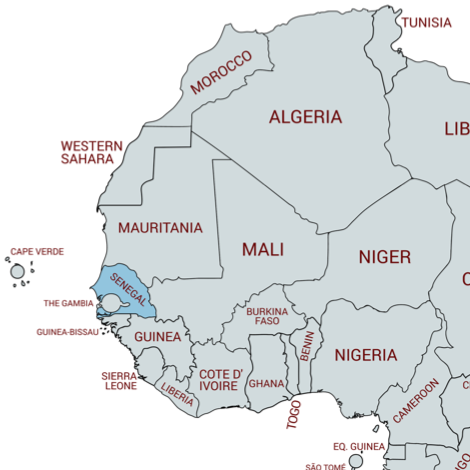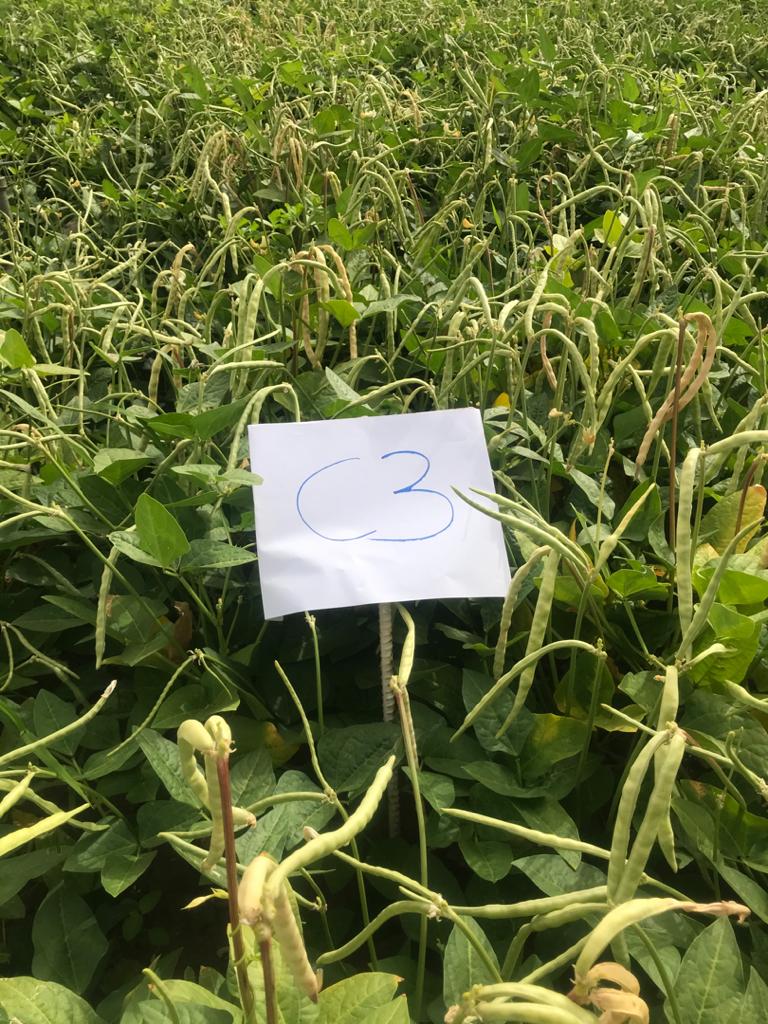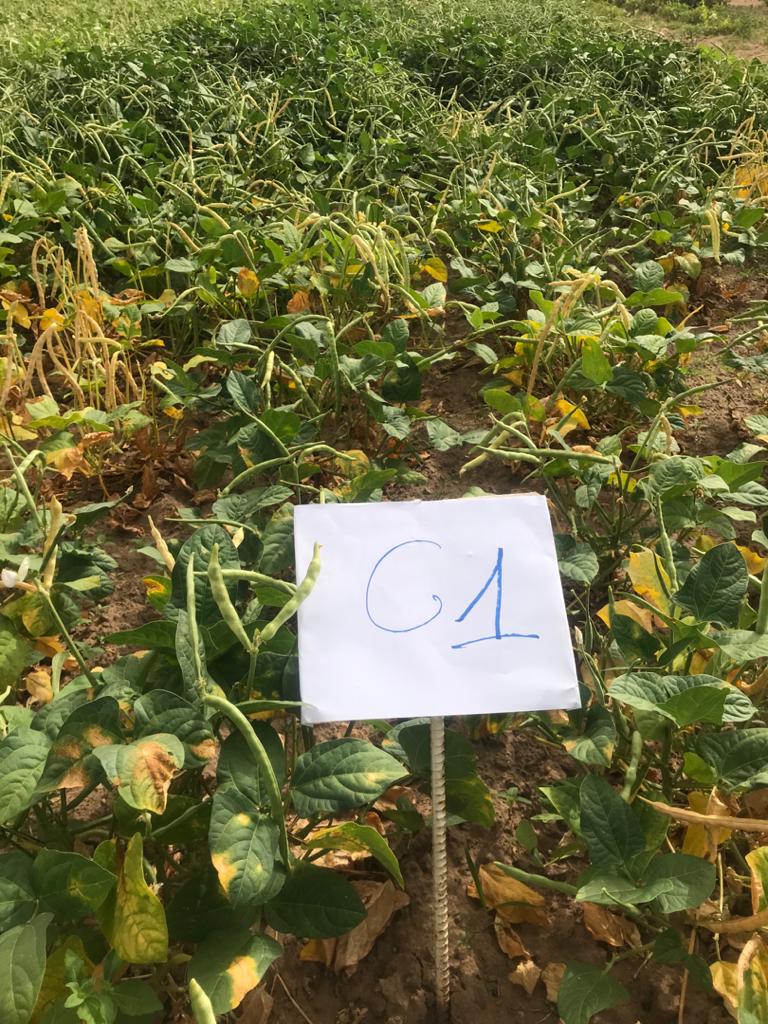Sustainable Intensification of Dual-Purpose Cowpea Varieties for Enhanced Food and Fodder in Senegal
Principal investigator/Lead institution: Dr. Augustine Obour, Kansas State University
Collaborating institutions: Institut Sénégalais de Recherches Agricoles (ISRA) National Agency for Extension and Advising (ANCAR) Université Cheikh Anta Diop de Dakar (UCAD)
Senegal Works: in Senegal

Project overview
Forage availability for livestock is a major limitation for agro-pastoral systems in semiarid regions in sub-Saharan Africa. Substantial research has been conducted to develop dual-purpose (i.e. grain and fodder), nutrient dense, cowpea cultivars (e.g., Lizard, Leona, Kelle, and Sam) for the peanut basin in Senegal. The new cultivars have “stay green” properties at maturity for improved fodder quality, and are tolerant to heat stress, which is ideal for production in the targeted regions of this research. These new cowpea varieties have been available in Senegal only recently and best agronomic management practices and both productivity and economic performance in traditionally pastoral or cowpea cultivating areas has not been considered. Improved genetics paired with appropriate agronomic management and an understanding of socioeconomic tradeoffs is critical for driving dissemination and adoption by farmers with the ultimate goal of improving resilience, nutrition and food security of Senegalese smallholder farmers.
We will develop and evaluate agronomic management strategies for the sustainable intensification of dual-purpose cowpea (i.e. increased food and fodder quantity and quality on the same land area) into smallholder agro-pastoral farming systems across the peanut basin in Senegal. The study will use multidisciplinary, farming systems approach based on the Sustainable Intensification Assessment Framework (SIAF) (www.sitoolkit.com) and a participatory research model (i.e. “mother-baby trial”) to collect robust biophysical farming systems and socioeconomic data to identify enabling conditions for technology extrapolation and barriers to adoption that can guide future research and scaling. Specific research objectives are 1) evaluate the dual benefits of cowpea varieties to increase both grain and fodder quantity and quality and 2) conduct a tradeoff assessment for cowpea markets with particular focus on tradeoffs and synergies between grain and fodder production in areas that are traditionally pastoralists compared to areas that traditionally grow cowpea.

We have conducted Genotype × Environment × Management and cowpea variety studies in three locations (Louga, Diourbel, and Kaffrine) covering annual rainfall gradient of 350-750 mm in Senegal. Preliminary results showed fertilizer application had no significant effect on grain or forage yield regardless of study location. Grain and forage yield were different among the cowpea varieties studied. The variety “Leona” produced the greatest forage and grain yields across the three study locations. Forage yield in 2020 ranged from 1,260 kg ha-1 with Yacine in Bambey and greater than 4,500 kg ha-1 with Thieye in Darou Musty. These preliminary findings showed regardless of agro-ecological conditions, the new dual-purpose cowpea varieties tend to produce more forage and grain than the older variety Yacine.

This initiative is a collaborative effort among scientists at Kansas State University (KSU) and Senegalese National Agricultural Research and Extension Services (NARES) (i.e., ISRA and ANCAR), building on past research, existing collaborations, and leveraging resources from previous USAID funded projects. Human and institutional capacity building will be integrated throughout with significant allocation of resources to both long-term graduate student training and short-term skill-transfer trainings.
Click here to download the Project Fact Sheet
Want to learn more?
Presentation at the 2022 Global Legume Lab Convening.
Presentation at the 2021 Global Legume Lab Convening.



